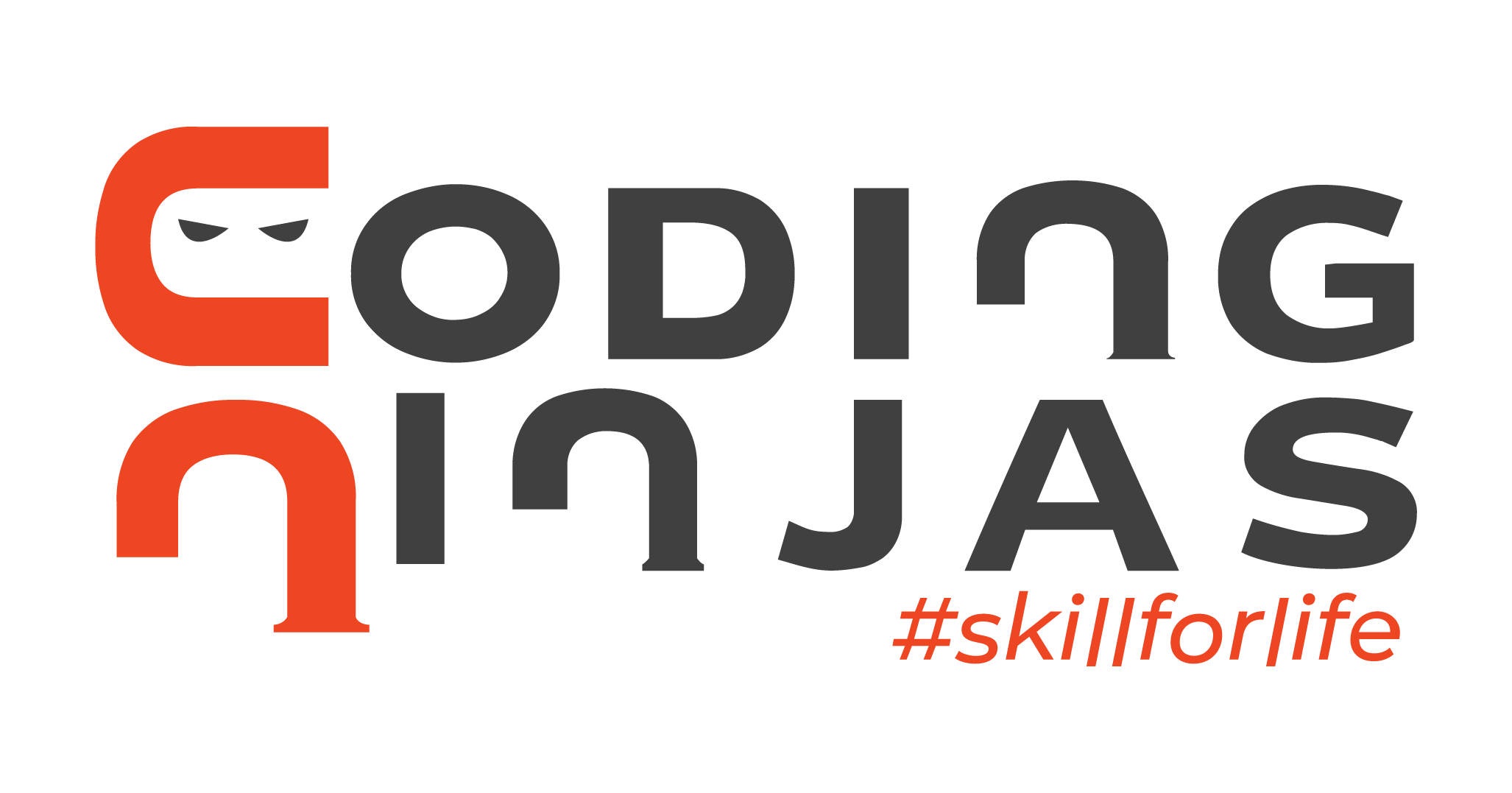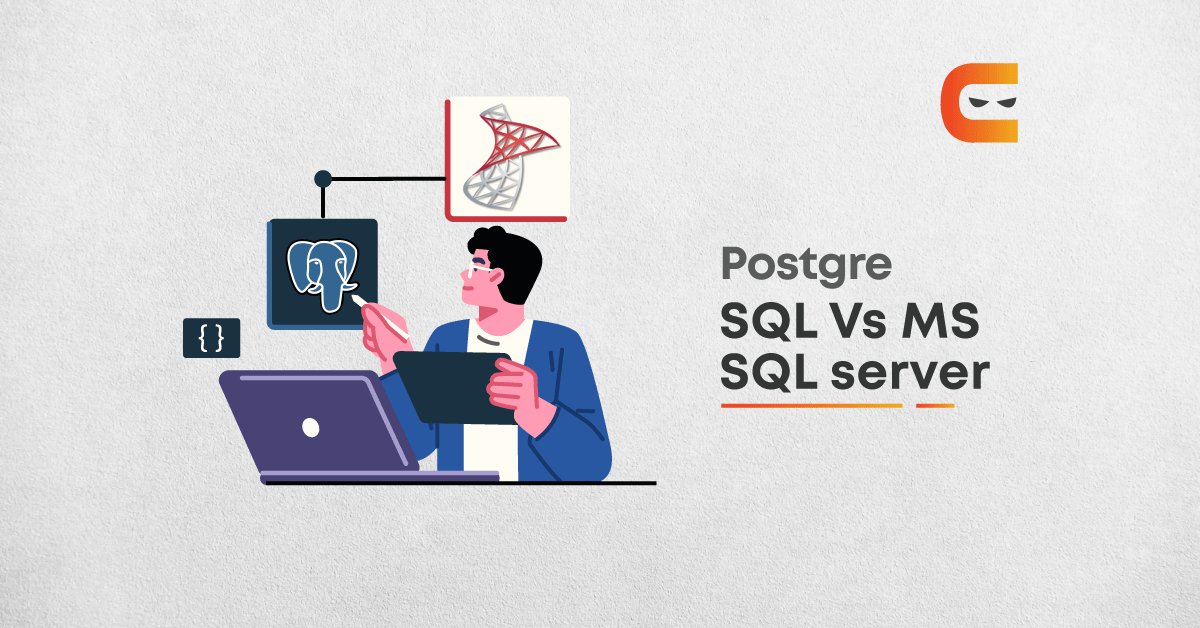Table of Contents
Introduction
While working on a new project choosing which database to use will be one of the most challenging choices you have to make. A wrong choice of the database will lead to scalability and maintenance issues in the future. Knowing the pros and cons of each database will enable the developer to make the right decision.
PostgreSQL vs SQL servers is the two popular database choices for the developer. In this blog, we will do a comprehensive study of these databases, which will help you decide the database to be used for your future projects.
PostgreSQL
PostgreSQL is an advanced general-purpose object-relational database management system (RDBMS). As it is object-oriented, classes, objects, inheritance, etc., are supported in the database schema and query language. Furthermore, being an RDBMS, it supports tabular structures, data types, etc.
This open-source DBMS uses Structured Query Language (SQL) and its procedural language, PL/pgSQL (Procedural Language/PostgreSQL). It is highly stable and is used by companies like Apple, Spotify, Reddit, Instagram, etc.
Current stable version: 13.3 (as of June 2021)
MS SQL
Microsoft SQL(MS SQL) Server is an RDBMS developed by Microsoft in 1989. It is one of the best Database Management Systems(DBMS) options available in the market with high performance and security. Microsoft, Accenture, Intuit, Stack Overflow, etc., are some of the companies that use MS SQL.
Current stable version: Microsoft SQL Server 2019
Comparison between PostgreSQL Vs SQL Server
| Parameter | PostgreSQL | MS SQL |
| Developed by | PostgreSQL Global Development Group in 1989 | Microsoft in 1989 |
| DBMS type | Object-relational database management system | Relational database management system |
| License | Available under the PostgreSQL License, an Open Source Initiative Approved License. | Available under a commercial license. |
| Written in | C++ | C |
| OS Compatibility | Runs on FreeBSD, HP-UX, Linux, NetBSD, OpenBSD, OS X, Solaris, Unix, Windows, etc. | It runs on Windows and Linux. |
| Installation process | Smooth installation process. | The installation process is slow and involves immense downloads. |
| Scalability | Scalability is enhanced by placing table partitions and indexes in separate tablespaces on different disk file systems. | Sharding enables MS SQL to achieve scalability. |
| Data security | Authentication methods, including Lightweight Directory Access Protocol(LDAP) and Pluggable Authentication Module(PAM), protect from attacks. | Two server-level security enhancement features: Windows AuthenticationMode and Mixed Mode, protect from attacks. |
| Concurrency | It has a better concurrency management system. | Underdeveloped concurrency and by default relies on locking of data to prevent errors from simultaneous transactions. |
| Replication | Master-slave replication is supported | It supports snapshot replication, transactional replication, merge replication. |
| Availability | High availability is achieved through load balancing and replication features. | Always ON Availability Group architecture has high availability, and Read Scale Availability Group architecture has low high availability. |
| Partitioning | Built-in support offered for range, list, multilevel partitioning, and hash partitioning with interval partitioning in the EDB version. | It supports table and index partitioning. |
| Performance | The multi-version concurrency control (MVCC) feature for the simultaneous processing of multiple transactions (with almost no deadlock) improves performance. | In-Memory Online transaction processing (OLTP) feature ensures high performance by using in-memory data tables instead of writing directly to the disk. |
| Clustering | It allows clusters of servers but does not natively support any multi-master clustering solutions. | It offers Windows Server Failover Clustering that can be configured for both active/passive and active/active nodes. |
| Stored procedures | Stored procedures are supported in various languages in addition to standard SQL syntax. | Supports stored procedures for languages supported by Microsoft .NET framework. |
| Data Consistency | Built-in logical backup utilities, such as pg_dumpall and pg_dump, along with third-party data consistency tools like Amanda, Bacula, Barman, etc., are available. | It has three online backup models: simple, full, and bulk-logged recovery models. |
| Updatable Views | Rules have to be written against different views to update them. | If tables have different keys and the update statements do not involve more than one table, views are automatically updated. |
| Scheduling Tasks | No built-in scheduler, external tools like pgAgent, Task Scheduler, cron, etc., have to be used. | Tasks scheduled using SQL Server Management Studio. |
| Triggers | Triggering events like AFTER, BEFORE, and INSTEAD OF are supported, used to INSERT, UPDATE, and DELETE events. | It supports triggers like Data Manipulation Language (DML) triggers, Data Definition Language (DDL) triggers, and Logon Triggers. |
| Regular expressions | LIKE, SIMILAR TO, and POSIX methods are used for evaluating regular expressions. | No native support is provided. However, Transact-SQL (T-SQL) functions: LIKE, SUBSTRING, and PATINDEX can be used to achieve similar results. |
| Index Types | Offers options like B-tree, hash, Generalized Search Tree (GiST), Space Partitioned GiST, Generalized Inverted Index (GIN), and Block Range Index (BRIN). | Offers clustered and non-clustered indexes. |
| Stack | Popular with the LAPP stack (Linux, Apache, PostgreSQL, and PHP/Python | Popular with the Microsoft stack |
| Computed column | Does not provide support for computed column | Includes support for computed columns |
| Geographic data | PostGIS, a spatial database extender, offers support for geographic objects as no native geographic data type present. | Has the geography data type for storing geographic spatial data |
| Case-sensitivity | By default, it is case-sensitive. | By default, it is case insensitive. |
Advantages
PostgreSQL
- Open Source community which helps in regular improvement
- Active community support
- ACID complaint
- Concurrency management system better than MS SQL
- Installation process simpler
- Low maintenance and administration required
- Good language support (Python, Java, Perl, PHP, C, C++, etc.)
- Supports JavaScript Object Notation (JSON)
- Cross-platform
MS SQL
- Several server editions available
- Highly secure
- Graphical User Interface (GUI) support provided
- Easy to create queries to return specific, filtered data
- Can back up, recovery and rollback data with ease
Disadvantages
PostgreSQL
- Many open source apps do not support PostgreSQL.
- Independent software vendor support is pretty sparse
- Data is exported or replicated to the new version when it is released
- The query execution plans are not cached.
- Double storage required during the up-gradation process
MS SQL
- It supports Windows and Linux but doesn’t have support for other operating systems.
- It offers vendor support but isn’t as customizable as PostgreSQL.
- Complex query optimisation and performance tuning
- Paid software
- GUI client and database management applications up-gradation requires users to upgrade their hardware
Frequently Asked Questions
PostgreSQL is better than SQL Server in aspects like concurrency management system, scalability, community support, pricing, etc.
Yes, they differ in many aspects like partitioning, replication methods, support for in-memory capabilities, availability in operating systems, etc.
PostgreSQL is popular because of its community support and regular updates. It also offers a vast number of functions which help developers build secure and efficient applications.
PostgreSQL is well suited for Online transaction processing (OLTP) and online analytical processing (OLAP) systems where read/write speeds and extensive data analysis are required. It can be used for data warehousing and data analysis applications that require fast read or write speed.
PostgreSQL is not a virus. There is a virus file called postgres.exe, named after the PostgreSQL Server.
It is one of the best DBMS in the market and one of the popular choices for corporations that perform complex and high-volume data operations.
Key Takeaways
So these are the differences between PostgreSQL vs SQL server. In this blog, we ran you through the following:
- Introduction to PostgreSQL vs SQL server
- Comparison between PostgreSQL vs SQL server based on scalability, performance, partitioning, etc
- Advantages of PostgreSQL vs SQL server
- Disadvantages of PostgreSQL and MS SQL
- Some common question related to PostgreSQL and MS SQL
With this discussion, this blog attempted to give you an idea of PostgreSQL vs SQL server DBMS.
By Hari Sapna Nair















Leave a Reply